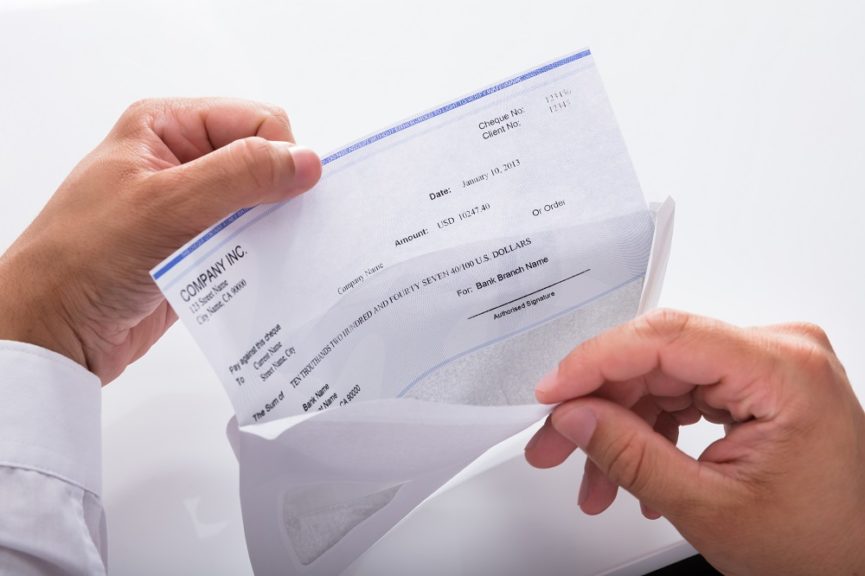When you work, you’re entitled to pay for what you’ve done – whether you’re an hourly worker, a salaried worker or someone who works for commissions.
But sometimes employers don’t pay their employees for work performed.
And if that’s happened to you, you may need to file a claim against your employer to get the money it owes you.
3 Things Most People Don’t Know About Unpaid Wages
Under California law, wages are payment that you receive for labor. It also covers benefits you receive aside from money, like vacation pay and sick pay, room and board, and other types of compensation.
A lot of people don’t know what they’re entitled to when it comes to wages – so if you’re not sure, you’re not alone. Here are three things most people don’t know about unpaid wages:
- Employers must pay you in a timely manner and on scheduled paydays
- Wage statements are mandatory under the law
- There’s a “waiting time penalty” if your employer willfully fails to pay you your final wages
#1. Employers must pay you in a timely manner and on scheduled paydays.
The law says that most wages have to be paid at least twice a month. Employers have to pay employees’ wages on regular paydays – and those days have to be designated in advance. Your employer can’t just say, “Okay, payday is next Wednesday” out of the blue – it must establish a regular payday. Also, the employer has to pay you within a reasonable timeframe:
- If you’re paid twice a month, your employer must pay you the wages you earned between the 1st and 15th by the 26th of that month. Your employer has to pay you the wages you earned between the 16th and the last day of the month by the 10th of the next month.
- If you’re paid weekly or for pay periods that don’t match those above, your employer has to pay you within 7 days of the end of the payroll period.
If you quit or your employer fires you, your employer has to pay you all of your wages – including vacation time you’ve built up – immediately at the time your employment ends.
#2. Wage statements are mandatory under the law.
When you get paid, your employer can pay you with cash, a check, a direct deposit transaction or a handful of other methods. However, under no circumstances is your employer supposed to pay you “under the table.” The term under the table refers to an employer paying someone without keeping a record of the transaction.
Your employer is required to give you a wage statement with every payment. The wage statement has to show:
- Gross (before taxes) wages paid
- Net (after taxes) wages paid
- The number of hours you worked during the pay period (or, if you’re paid a piece rate, the number of pieces you’re being paid for)
- Deductions made from your gross pay
Your employer has to keep a copy of every wage statement it issues for at least 3 years. If you request a copy of a wage statement, even if you no longer work for the company, your employer must provide it to you.
#3. There’s a “waiting time penalty” when your employer willfully fails to pay you your final wages.
When you quit or your employer fires you, your employer has to pay you your final wages immediately. If it doesn’t, there’s a “waiting time penalty.” The penalty is a full day of wages for each day that payment is delayed, and it can continue to build up for up to 30 days after your employment ends.
A full day of wages includes your base wage, commissions, bonuses and vacation pay that you’d earn in a year, divided by 52 (for the number of weeks in a year), and then divided by 40 hours.
For example, if you earn $200 per day and your employer refuses to pay you your final wages for 20 days, the penalty would be $4,000.
The key here is that your employer willfully failed to pay you. If it was an oversight or the employer has a legitimate reason (such as you changing your direct deposit bank account number), you’re unlikely to be eligible to receive this penalty. This is just an example, too – every case is different, and you should talk to an attorney about the waiting time penalty.
Do You Need to Talk to a Glendale Employment Lawyer About Unpaid Wages?
If your employer hasn’t paid you properly, you may want to talk to an employment lawyer who can help.
Call us at 818-230-8380 for a free case review. You’ll talk to an experienced attorney who will ask you questions about your case and explain what happens next.




